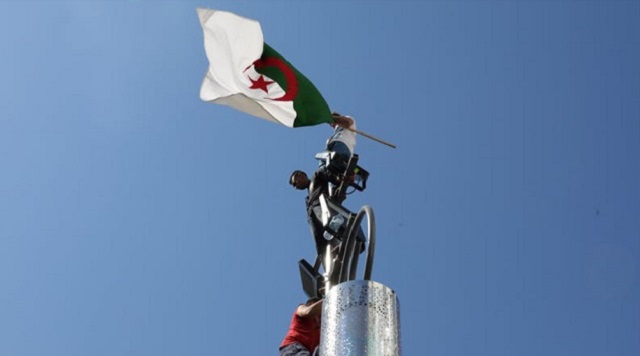 :
:
But if freedom is weakening, so is popular demand for it
| PETER PENAR AND CAROLYN LOGAN | In recent months, persistent protesters in Algeria and Sudan have faced down government repression to depose long-time political leaders. Unfortunately, these two countries are the exception rather than the norm.
More often than not, political opposition in countries across the continent has met a different fate as governments have used a variety of tactics to restrict freedoms and dissent. These include shutting down the internet (Cameroon, Zimbabwe), imposing social media taxes (Uganda), and imposing blogger licenses (Tanzania). Governments have also resorted to outright violence in Burundi, Senegal, Togo and Zambia.
Freedom House’s 2019 Freedom in the World Report suggests that political liberalisation in countries like Ethiopia and The Gambia belies “creeping restrictions” and a general trend toward authoritarian behaviour.
This trend is confirmed in the most recent survey conducted by Afrobarometer, an independent African research network. It was conducted between late 2016 and late 2018 in 34 countries. On average across all the countries surveyed, citizens appeared to confirm that civic and political space was closing. Many also expressed a willingness to accept restrictions on their liberties in the name of security.
Shrinking political space
Two-thirds (67%) of the respondents said they were at least “somewhat” free to say what they thought. This represents a 7 percentage point decline across 31 countries tracked since 2011/2013.
When it came to the freedom to discuss politics, the picture was more troubling: 68% felt that they needed to be careful about what they said. Across a sample of 20 countries tracked over the past decade, expressions of caution had increased by 9 percentage points.
If freedom is weakening, so is popular demand for it. Six in ten respondents (62%) believed that citizens should be able to join any political organisation they choose. Yet, popular insistence on freedom of association declined by at least 3 percentage points in 21 of the surveyed countries. It grew in just seven countries (Figure 1).
Figure 1: Changes in support for freedom to join any organisation (percentage points) | 33 countries | 2008-2018
Note: The Gambia is not shown because it was first surveyed in 2018.
In Gabon and Togo more than 80% of citizens rejected the idea that the government should have the right to ban organisations that went against its policies. In both countries growing popular discontent with political processes was met with government efforts to repress discontent.
In contrast, in Tanzania just 39% of citizens favoured full freedom of association. The government in Tanzania has recently taken steps to close political space. Likewise, there was some underlying support in Kenya for increasing efforts of social control. Only 47% of respondents supported freedom of association.
 The Independent Uganda: You get the Truth we Pay the Price
The Independent Uganda: You get the Truth we Pay the Price


